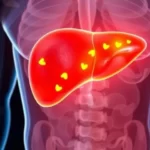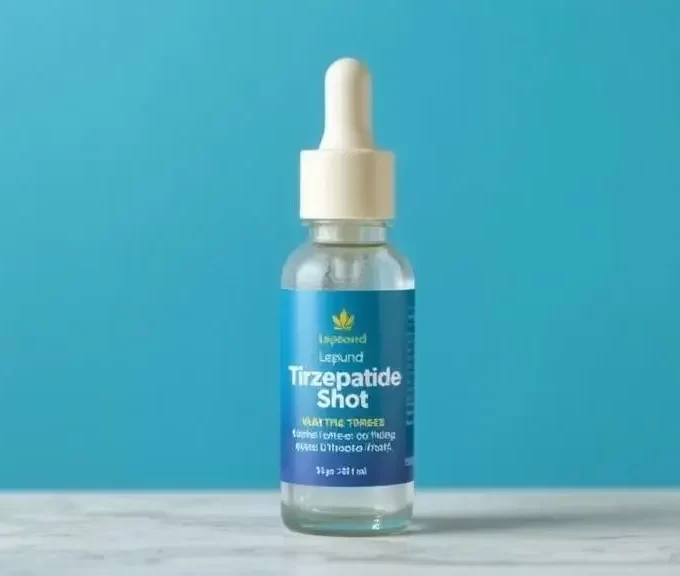Leucorrhoea, often misunderstood as simply “white vaginal discharge,” is a symptom of an underlying imbalance within the female reproductive or immune system. While some degree of vaginal discharge is entirely physiological and even essential for cleansing the vagina, changes in its color, consistency, volume, or odor can indicate infection, hormonal shifts, or systemic dysfunction. Left untreated, this condition can lead to chronic discomfort, reproductive complications, and even psychological distress.
Homeopathy offers an effective, non-invasive approach to managing leucorrhoea. Rather than suppressing symptoms, homeopathy seeks to restore inner balance by stimulating the body’s natural healing mechanisms. This approach has made it a preferred alternative for women who wish to avoid antibiotics or hormonal treatments, especially during pregnancy, puberty, or menopause.
What is Leucorrhoea? Understanding the Symptom and Its Implications
Leucorrhoea is a term used to describe excessive vaginal discharge that is white, yellowish, or greenish. The discharge may be thick, sticky, foul-smelling, or frothy. In many cases, it is associated with itching, pelvic discomfort, fatigue, or irritation of the vulva.
There are two main types:
- Physiological Leucorrhoea: Occurs naturally during ovulation, puberty, sexual arousal, pregnancy, or before menstruation. This discharge is generally odorless and does not require medical intervention.
- Pathological Leucorrhoea: Associated with infections (bacterial, fungal, or protozoal), cervical erosion, pelvic inflammatory disease, or systemic illnesses such as anemia and diabetes.
An accurate diagnosis is essential, as pathological leucorrhoea may be a sign of conditions like bacterial vaginosis, trichomoniasis, chlamydia, or candidiasis, each requiring tailored care.
Root Causes and Aggravating Factors
Leucorrhoea is not a disease in itself but a symptom of deeper physiological or pathological issues. Its root causes can be multifactorial:
- Hormonal fluctuations during puberty, pregnancy, or perimenopause.
- Vaginal infections caused by Candida albicans, Trichomonas vaginalis, or bacterial overgrowth.
- Cervical polyps, fibroids, or uterine infections, which disturb normal discharge.
- Poor genital hygiene or the use of synthetic, tight undergarments that trap moisture.
- Immune system compromise due to anemia, nutritional deficiencies, or chronic stress.
- Irritation from scented soaps, douches, or antiseptic washes that disrupt the vagina’s natural pH balance.
The body responds to these disturbances by increasing mucus production, which leads to chronic or recurrent discharge.
Symptoms Beyond Discharge: The Broader Clinical Picture
Leucorrhoea often accompanies other symptoms, which can help guide accurate diagnosis and homeopathic prescription:
- Persistent or profuse discharge soaking through undergarments
- Itching, burning, or soreness in the vaginal region
- Lower backache or dragging pain in the pelvis
- Weakness, fatigue, and lethargy, especially in chronic cases
- Menstrual irregularities or increased premenstrual symptoms
- Mood swings or irritability due to hormonal imbalance
Recognizing this symptom complex is key to choosing the correct constitutional remedy in homeopathy.
How Homeopathy Approaches Leucorrhoea Holistically
What sets homeopathy apart from conventional gynecological treatments is its individualized approach. Instead of prescribing the same antibiotic for every patient with similar discharge, homeopathy considers the patient’s entire symptom profile—including her emotional state, menstrual history, appetite, sleep patterns, and even dreams.
The guiding principle of homeopathy is “Similia Similibus Curentur”—let like be cured by like. The remedy chosen mirrors the patient’s total state and, when matched correctly, triggers the body’s innate ability to heal and restore equilibrium.
Unlike hormonal therapy or antimicrobials that may suppress symptoms, homeopathic medicines gently stimulate the immune response, correct hormonal imbalances, and prevent recurrence. This makes it especially valuable for recurrent or chronic leucorrhoea.
Top Homeopathic Remedies for Leucorrhoea
While a professional must prescribe based on a complete case study, the following remedies are frequently used:
- Sepia: Most effective for women with thick, yellow discharge and pelvic heaviness. Ideal in cases worsened by overexertion, sexual inactivity, or menopause.
- Pulsatilla: Suitable for young, sensitive girls with changing discharge depending on the menstrual cycle. The discharge is bland and creamy.
- Borax: Best when the discharge is thick, ropy, and sticky, often associated with burning and yeast infections.
- Calcarea Carbonica: Milky discharge in women who are overweight, easily fatigued, and chilly. Often used for hormonal disturbances.
- Kreosotum: Used when the discharge is highly acrid, causes soreness, and has a foul smell.
- Natrum Muriaticum: Useful in emotionally suppressed women with watery discharge and a preference for salty foods.
These remedies work not just at the physical level but also address constitutional and emotional imbalances, particularly important in recurrent cases.
Life Stage Considerations: Tailoring Homeopathy to Each Phase
In adolescence, hormonal flux often causes mild leucorrhoea. Homeopathy helps regulate this transition without disrupting natural growth. Remedies like Pulsatilla and Calcarea Phosphorica are commonly used.
During pregnancy, increased discharge is common but can become distressing. Mild, pregnancy-safe remedies like Borax or Sepia can relieve discomfort while ensuring fetal safety.
In menopausal women, discharge may be linked with vaginal dryness, irritation, or even endometrial atrophy. Homeopathy offers non-hormonal support, balancing estrogen naturally with remedies like Sepia or Kreosotum.
Lifestyle and Nutritional Support to Maximize Treatment
Although homeopathy is powerful, recovery is faster and more complete when supported by lifestyle changes:
- Maintain proper genital hygiene; wash with lukewarm water only.
- Wear loose-fitting, breathable cotton underwear to avoid moisture retention.
- Avoid using perfumes, douches, or antiseptics in the genital area.
- Stay hydrated and consume a balanced diet rich in iron, folate, zinc, and vitamins A & C.
- Reduce refined sugars, which feed yeast infections.
- Incorporate stress-reduction practices like yoga, meditation, or journaling.
These measures restore vaginal flora, support immunity, and enhance the efficacy of homeopathic remedies.
Frequently Asked Questions
Can homeopathy completely cure leucorrhoea?
Yes, when the root cause is properly identified and treated with the right constitutional remedy, homeopathy offers long-term and often permanent relief.
Is it safe to take homeopathic remedies during pregnancy?
Absolutely. Homeopathic remedies are highly diluted, non-toxic, and safe for both mother and fetus, provided a qualified practitioner prescribes them.
What if symptoms return after a few weeks?
This can happen if the underlying cause isn’t fully addressed. Consult your homeopath for remedy adjustment or deeper constitutional treatment.










